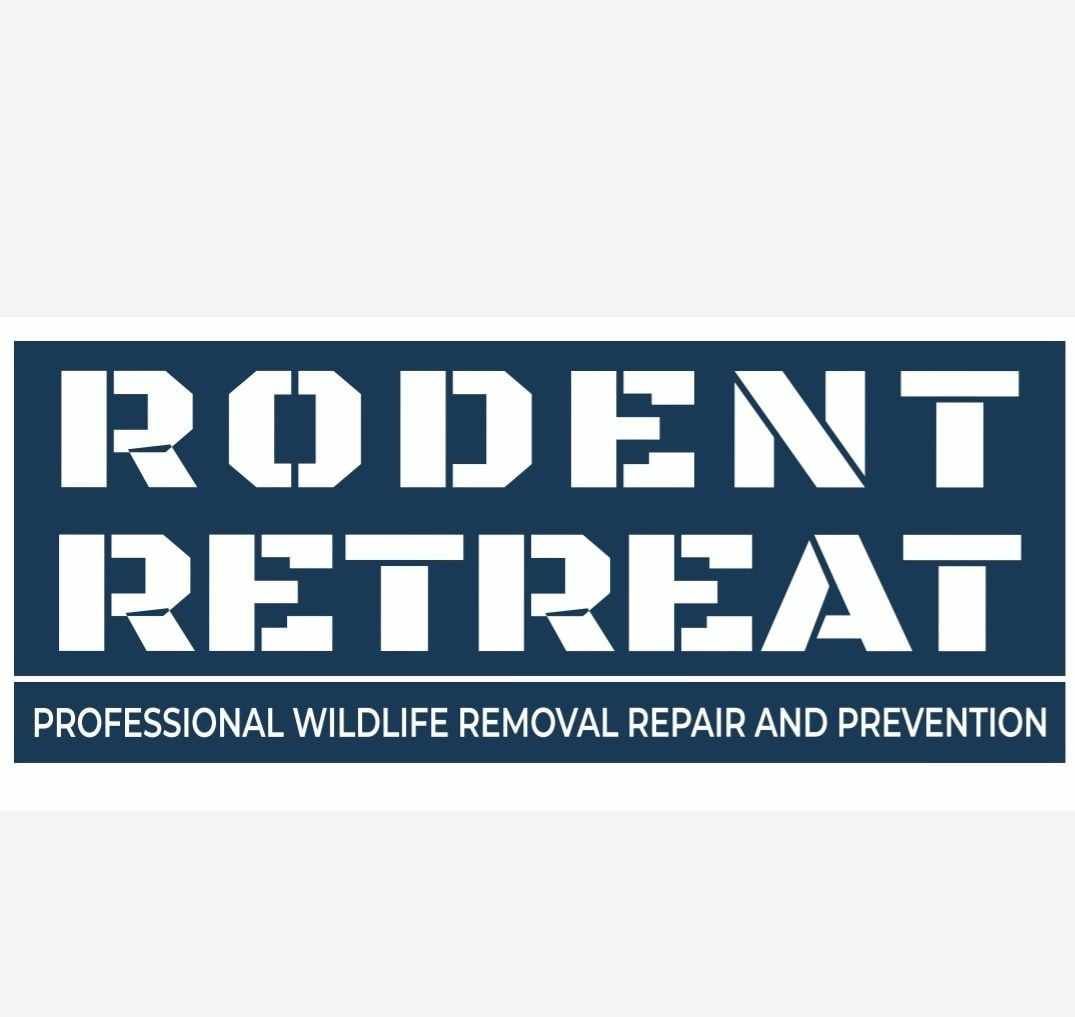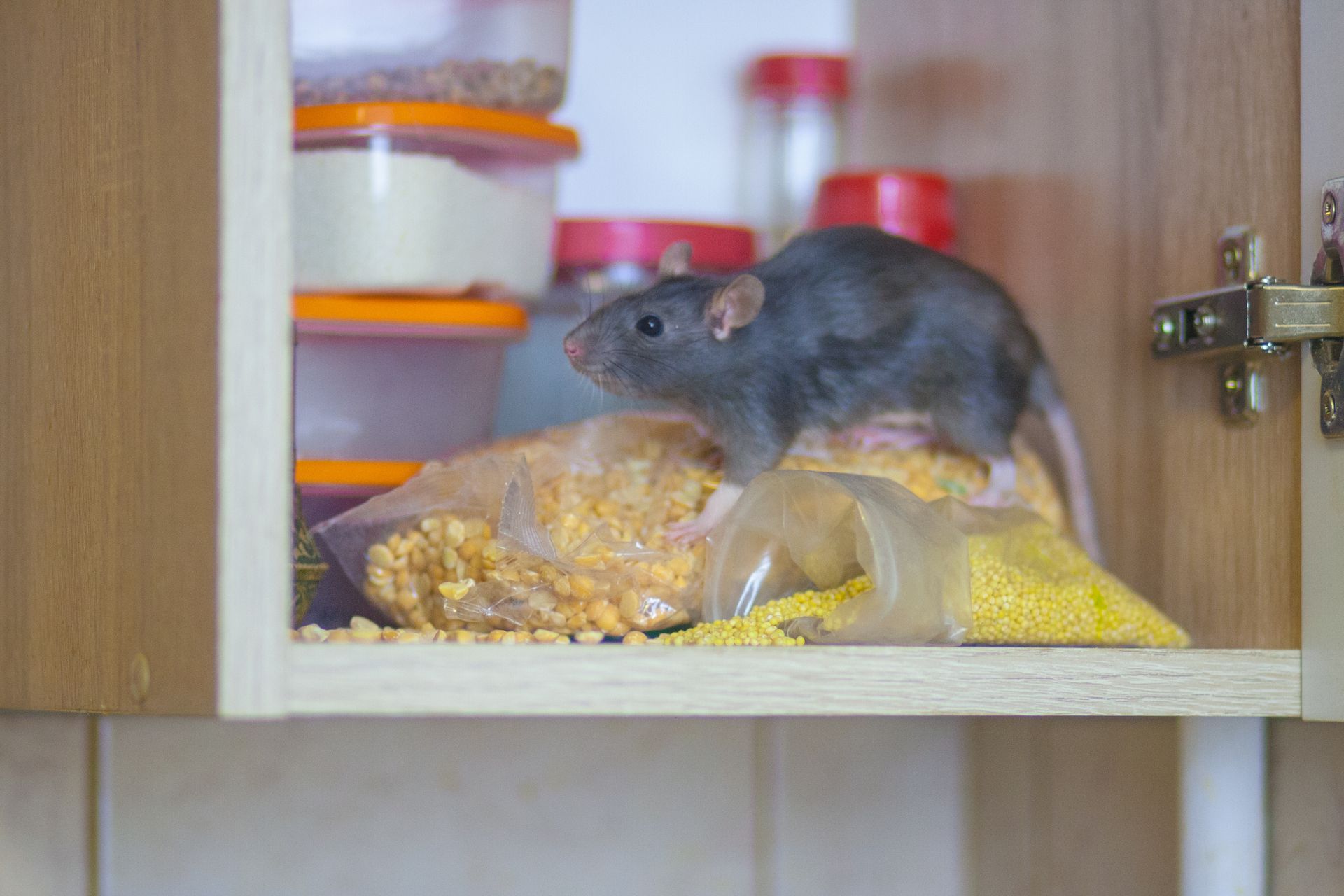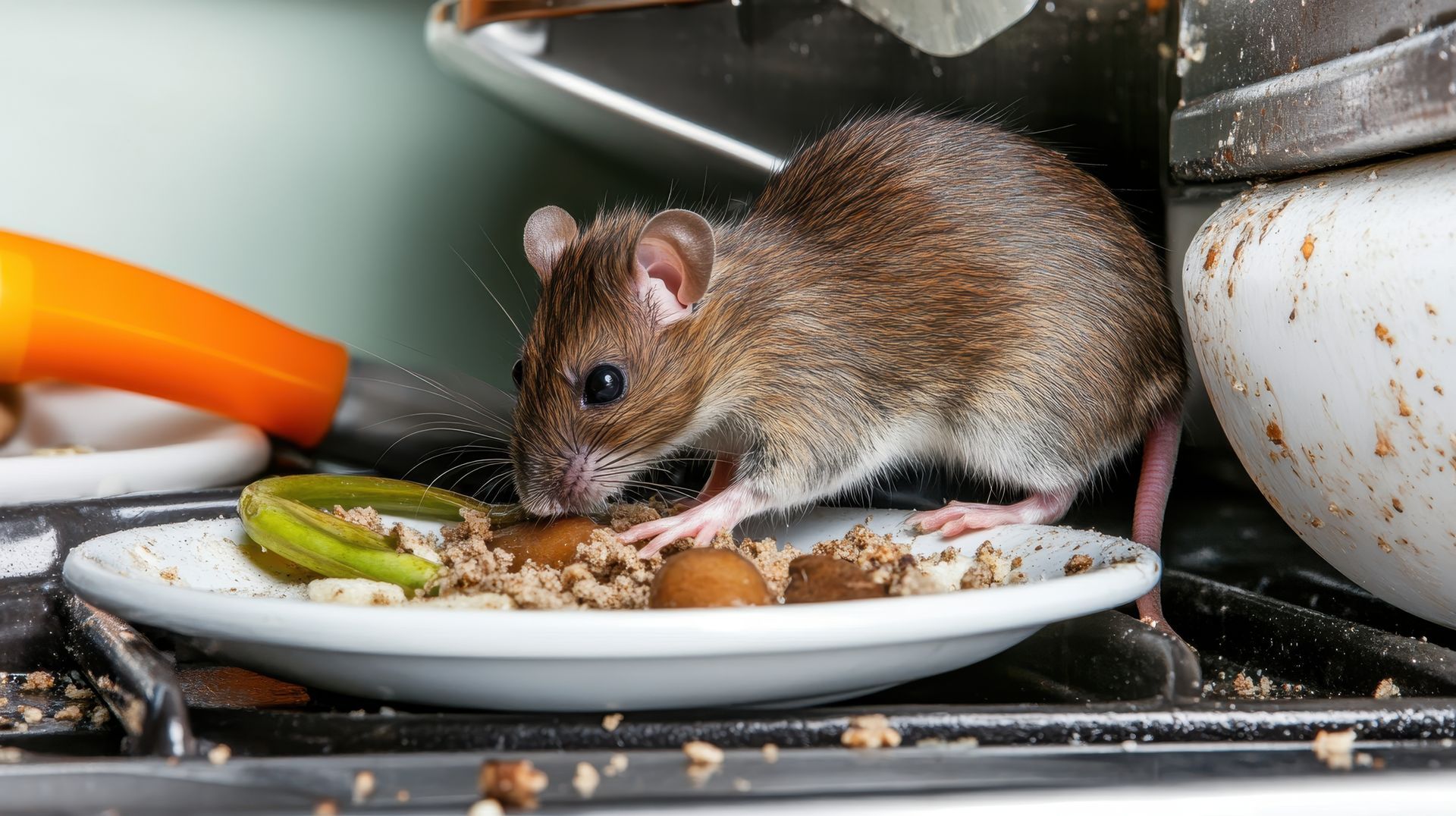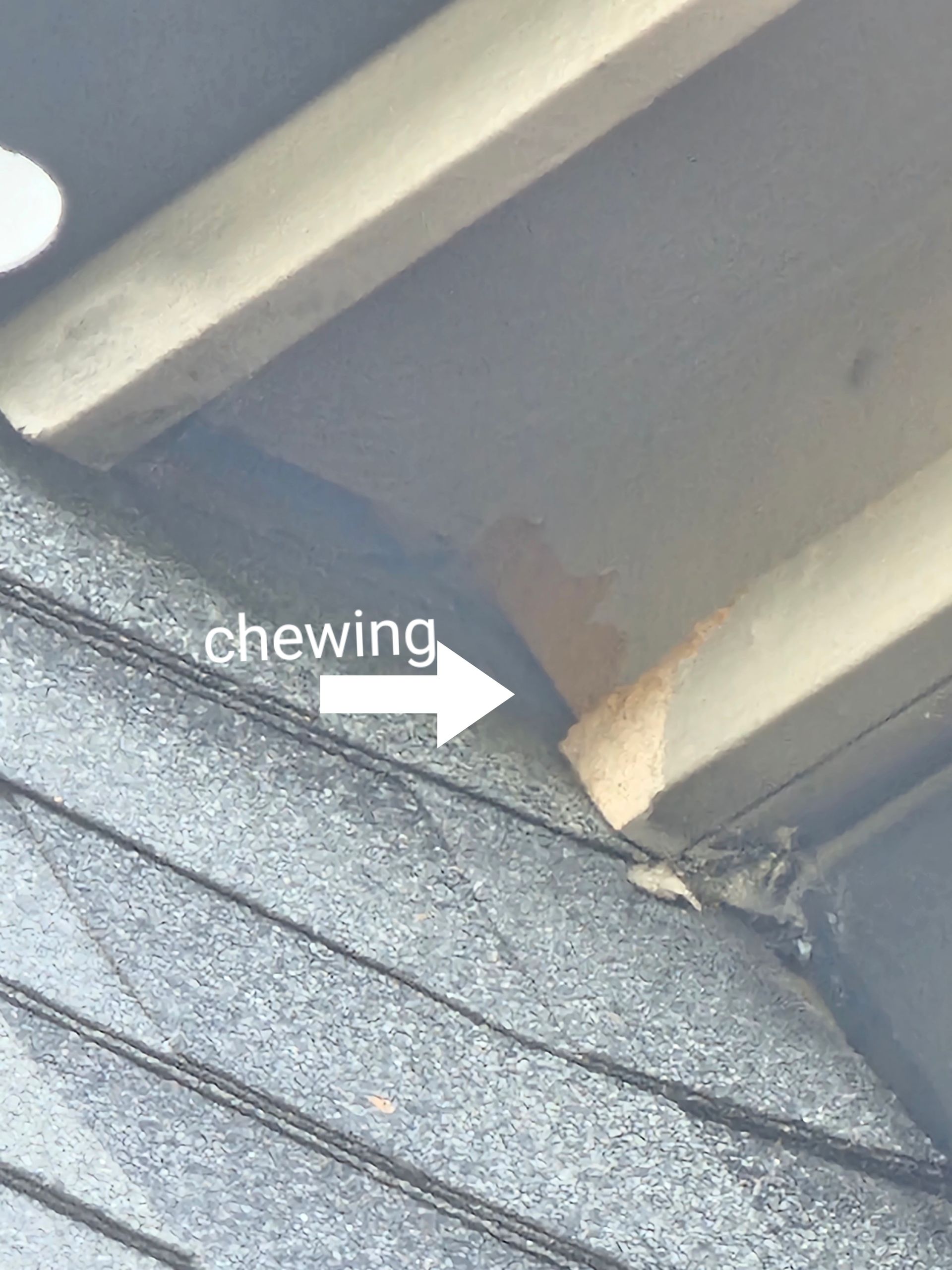
Welcome to South Lake, Texas, where pest control south lake tx are here to help you with all your rat prevention needs. Rat infestations can be a serious problem, causing damage to your property, spreading diseases, and creating a nuisance in your home. In this blog post, we will provide you with valuable DIY rat prevention tips, as well as professional rodent control services from the most reliable, effective, and affordable pest control company in Southlake, TX. Our comprehensive pest control services include spider control, as Texas is home to many unique creatures. By implementing these strategies, you can have peace of mind knowing that your property is well-protected against rats, and receive the best results with our first treatment.
DIY Rat Prevention Tips
When it comes to rat prevention, taking proactive measures is essential. By following these DIY tips, you can effectively control and prevent rodent infestations in your home. From home sanitation practices to rat-proofing your property, these strategies will help keep unwanted pests at bay. Let's dive into the details and explore the best methods for rat prevention.
Home Sanitation Practices
Maintaining proper home sanitation is crucial in deterring pests, including rats. Here are some key home sanitation practices that can help prevent rodent infestations:
- Regularly clean your home, paying special attention to areas like the kitchen, pantry, and garbage disposal area. Clean up any food spills or crumbs promptly.
- Dispose of trash in sealed containers, and ensure that garbage bins are tightly closed.
- Keep your outdoor area clean by removing debris, woodpiles, and clutter, which can serve as hiding spots for rats.
- Trim tree branches and shrubs near your home, as they can provide easy access to rats.
- Seal cracks and gaps in walls, windows, and doors to prevent rodent entry.
- Store pet food in sealed containers, as rats are attracted to the smell of pet food.
- Regularly inspect your home for signs of rodent activity, such as droppings or chewed wires.
- By incorporating these home sanitation practices into your routine, you can create an environment that is less attractive to pests, reducing the risk of rat infestations in your South Lake home.
Rat-Proofing Your Property
Rat-proofing your property involves taking proactive measures to eliminate entry points and eliminate attractants. Here are some effective strategies for rat-proofing your South Lake home:
- Inspect the exterior of your home for any gaps, cracks, or holes that rats could use to gain entry. Seal these openings with steel wool, caulk, or other suitable materials.
- Pay attention to areas where utility lines enter your home, as these are common entry points for rodents. Seal any gaps around pipes, cables, or vents.
- Install door sweeps and weather stripping to ensure a tight seal around doors and windows, preventing rats from entering.
- Keep your yard well-maintained, eliminating any potential hiding spots for rats. Trim overgrown vegetation, clear clutter, and remove debris.
- Store firewood and other items at least 18 inches off the ground, away from the exterior of your home.
- Consult with a professional pest control expert to conduct a comprehensive inspection of your property and recommend additional rat-proofing measures based on your unique situation.
- By rat-proofing your property, you can significantly reduce the risk of rat infestations, ensuring the structural integrity of your home and the peace of mind of your family.
Common Rat Attractors in Homes
Understanding the common attractors for rats in homes is essential in effectively preventing infestations. By addressing these attractors, you can minimize the potential risk of rat problems. Let's take a closer look at two main attractors and how to mitigate them.
Food Sources
Rats are attracted to easily accessible food sources, making effective food management crucial. Here are some tips to eliminate food sources that may attract rats:
- Store food in airtight containers to prevent rats from accessing it.
- Clean up spilled food and crumbs immediately, as rats will be attracted to these food remnants.
- Do not leave pet food out overnight, as it can serve as a meal for rats.
- Regularly clean your garbage cans, ensuring that they are tightly sealed.
- If you have a compost bin, make sure it is tightly sealed, as rats are drawn to decomposing organic matter.
- By implementing these measures, you can reduce the likelihood of attracting rats into your home. If you continue to experience issues with pests, consider professional pest control services, such as ant control, to help eliminate infestations.
Sheltering Areas
Another factor that attracts rats to homes is the presence of suitable hiding spots and sheltering areas. Here are some strategies to minimize these opportunities:
- Seal cracks and openings in walls, floors, and foundations to prevent rats from entering your home.
- Remove clutter, such as old furniture, cardboard boxes, and piles of debris, which can serve as shelter for rats.
- Inspect outdoor structures like sheds and garages for signs of rodent activity, and seal any openings or cracks.
- Clear vegetation or debris that provides cover for rats, such as dense shrubs or overgrown areas.
- By eliminating potential hiding spots, you can make your home less attractive to rats, reducing the likelihood of infestations. Utilizing effective pest control methods, such as regular inspections, can help identify and address any hidden rat activity.
Health Risks Associated with Rat Infestations
Rat infestations pose significant health risks to homeowners. These pests can spread diseases, contaminate food, and compromise indoor air quality. It is essential to be aware of the potential health hazards associated with rat infestations, so prompt action can be taken to prevent or address these issues.
Diseases Transmitted by Rats
Rats are known carriers of various diseases that can be transmitted to humans. Some common diseases transmitted by rats include:
- Leptospirosis: This bacterial infection can be spread through contact with rat urine, contaminated water, or soil. It can cause flu-like symptoms, liver, and kidney damage if left untreated.
- Hantavirus: This potentially life-threatening disease can be transmitted through direct contact with rat droppings, urine, or saliva. It can cause severe respiratory illness and, in some cases, kidney failure.
- Rat-bite Fever: As the name suggests, this bacterial infection is transmitted through rat bites or scratches. Symptoms include fever, muscle pain, and rash.
- Salmonellosis: Rats can contaminate food and surfaces with salmonella bacteria, leading to gastrointestinal infections.
- The best way to prevent the transmission of these diseases is to implement effective rat prevention measures and practice good hygiene.
Impact on Home Environment
In addition to the health risks, rat infestations can have a detrimental impact on your home environment. Here are some common issues homeowners may face due to rat infestations:
- Property damage: Rats are notorious for gnawing on wires, causing potential fire hazards, and damaging furniture, insulation, and structural wood.
- Foul odor: Rat urine and droppings can create an unpleasant smell that can permeate your home, affecting indoor air quality.
- Structural integrity: Rats burrow in walls, attics, and crawl spaces, which can compromise the structural integrity of your home.
- Emotional distress: The presence of rats can cause stress, anxiety, and discomfort for homeowners and their families.
- To safeguard your home environment, it is crucial to address rat infestations promptly with the help of pest control solutions. A pest control expert can provide effective pest control services, ensuring comprehensive removal of rats and preventing future infestations.
How Often Should Rat Prevention Measures be Taken?
Implementing regular rat prevention measures is key to maintaining a pest-free home. The frequency of these measures may vary depending on various factors, including the pest issue's severity and the specific pest control solutions used. However, it is generally recommended to take rat prevention measures at least every few months, or more frequently if necessary. Regular inspection of your property for signs of rodent activity, such as droppings or gnaw marks, can help identify any underlying issues and prompt action.
Consider consulting with a professional pest control expert for the best pest control practices and recommendations based on your specific situation. They can provide an initial inspection and tailor a pest removal and prevention plan to address your unique needs, including the prevention of pests such as rats near Grapevine Lake. With years of experience in the pest control industry, they can offer expert advice and effective pest prevention methods for common pests such as carpenter ants and rats, ensuring the long-term protection of your home.
Frequently Asked Questions
How do I get rid of recurring rats?
To eliminate recurring rats, start by sealing entry points and maintaining a clean environment to deter them. Utilize traps or bait stations for removal and consider professional pest control for lasting solutions.
In conclusion, prioritizing rat prevention measures is crucial to safeguard your home and family from potential health risks associated with rat infestations. By implementing DIY rat prevention tips like home sanitation practices and rat-proofing your property, you can effectively deter these pests. Understanding common rat attractors such as food sources and sheltering areas is key to keeping them at bay. Remember, regular maintenance and vigilance are essential in maintaining a rat-free environment. Stay proactive in rat prevention to create a safe and healthy living space for you and your loved ones.
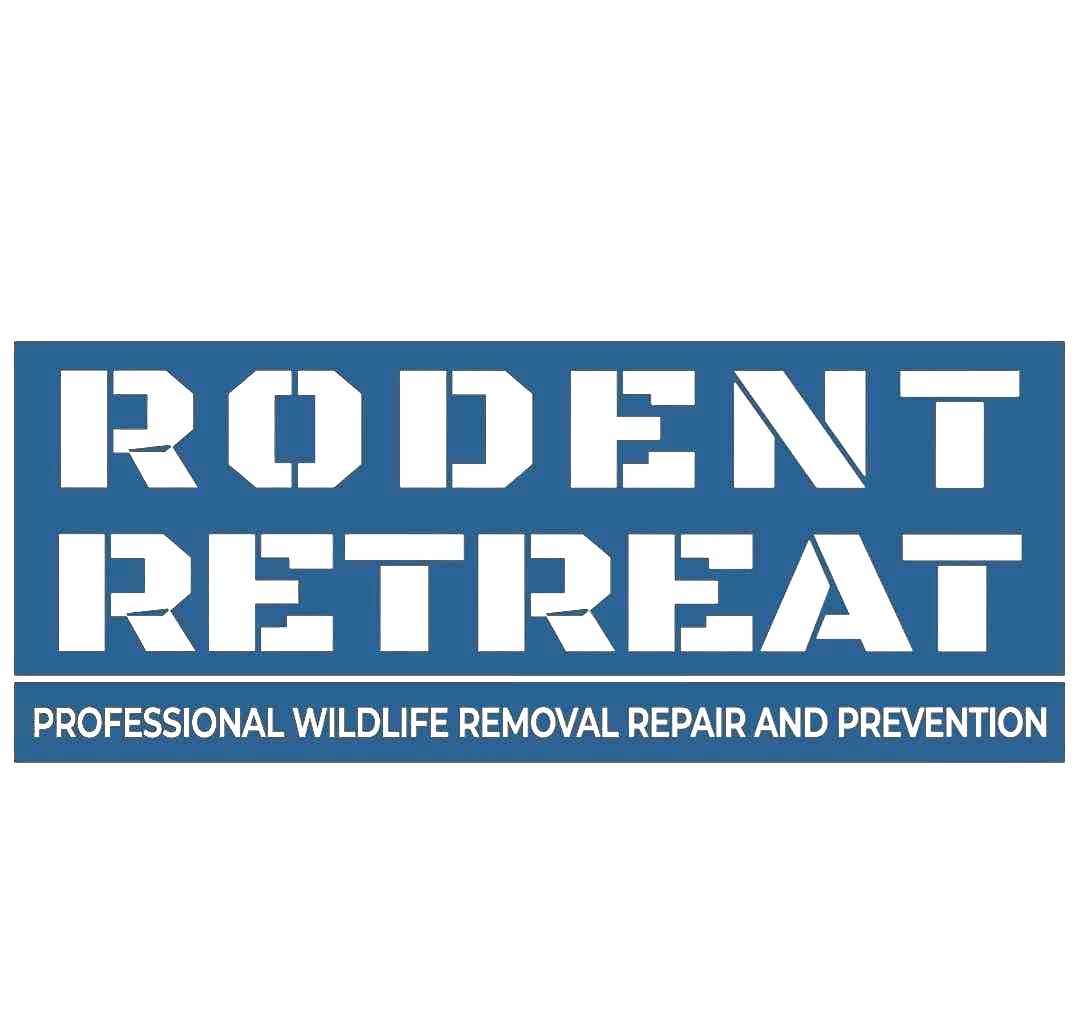

Services
SERVICE AREAS
Send us a message
Send us a Message
We will get back to you as soon as possible.
Please try again later.
